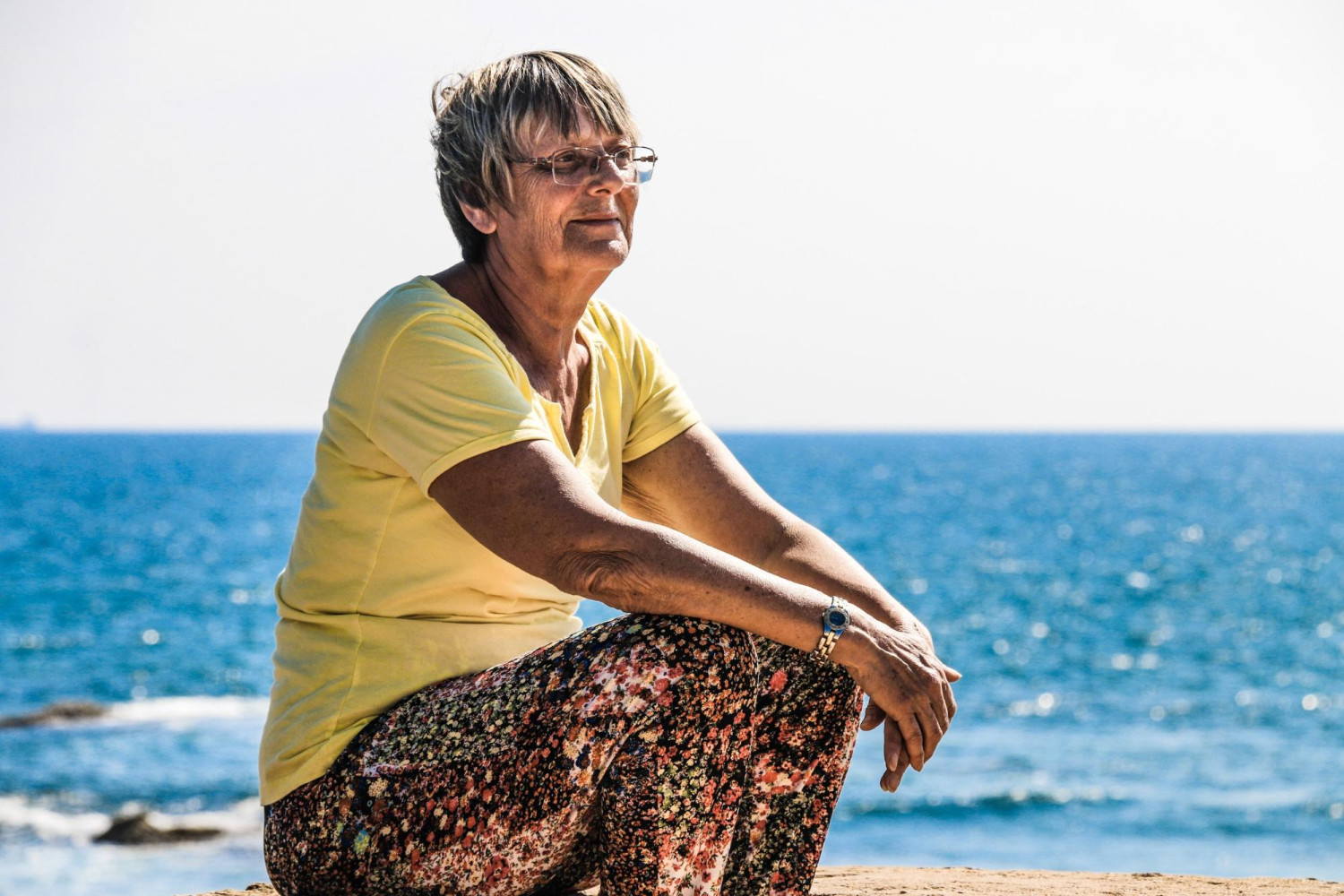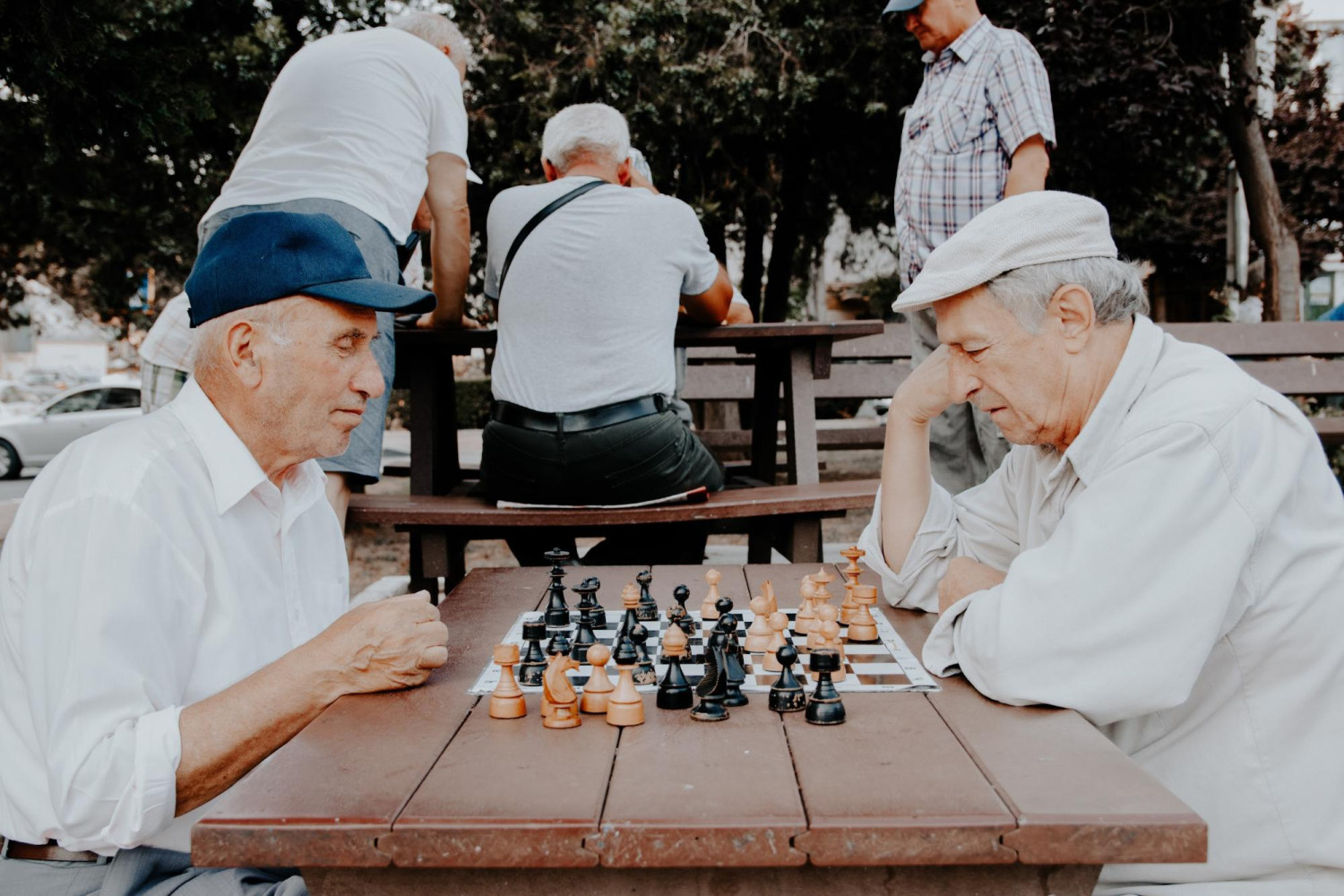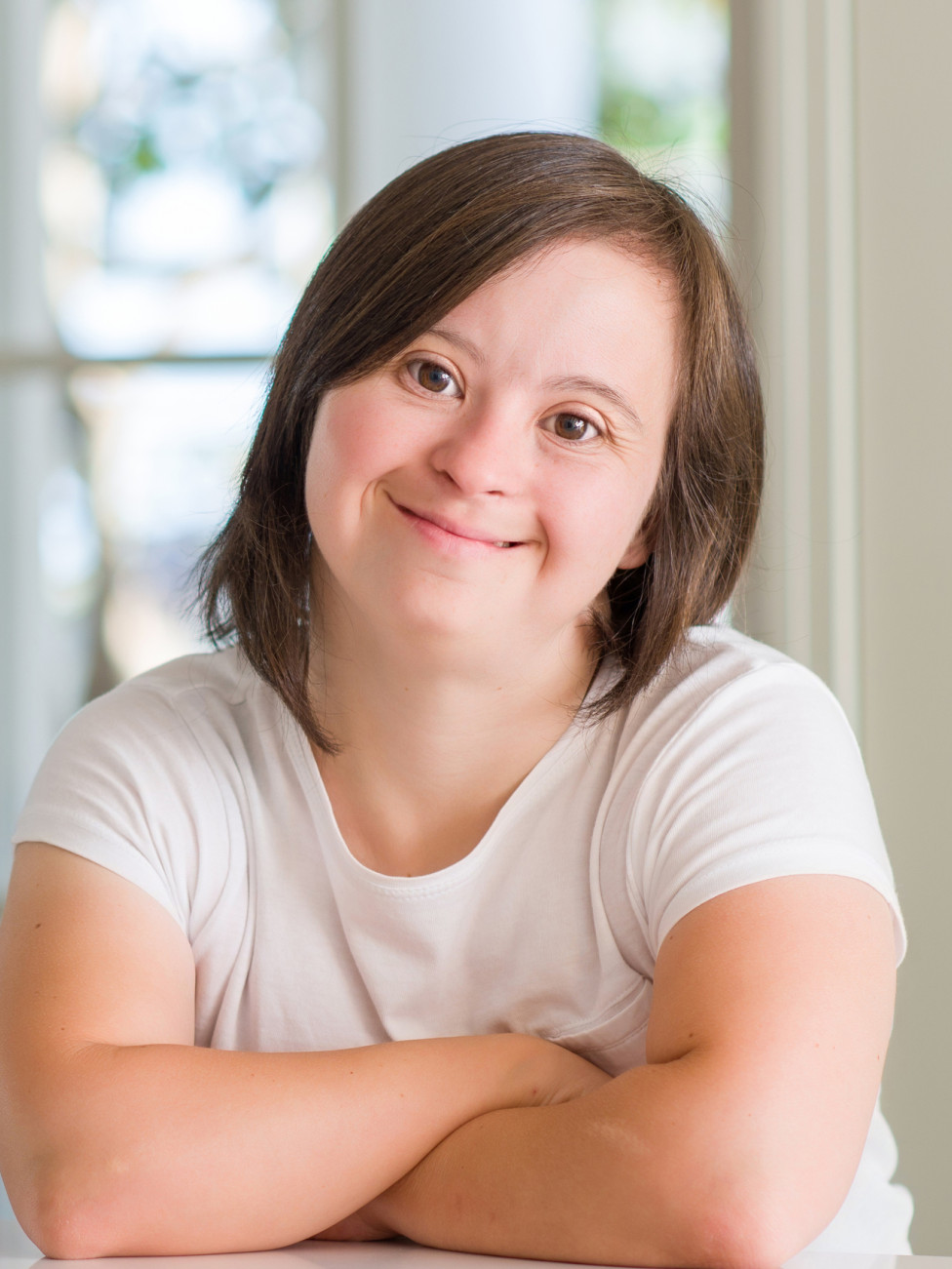Spotting the Early Signs of Dementia
17 January, 2021
At Focus Care, we have a lot of experience with dementia; both on a personal and professional level. We've put together some tips on how to spot the early signs.
Estimates say that up to 250 people are diagnosed with dementia here in Australia every day. As of the beginning of 2020, as many as 459,000 Australians were living with some form of the condition. According to the experts, this number will sharply rise over the next few years, as a result of a rising and aging population.
When you think dementia may be affecting someone in your family, statistics like these can seem quite impersonal. At Focus Care, we understand that your loved one is your priority. We’re here to reassure you by helping you to spot the first signs of dementia, in a way that recognises each person as an individual.
 What early signs of dementia should my family be looking for?
What early signs of dementia should my family be looking for?
There are around 400 different kinds of dementia. And, as we already know, there are hundreds of thousands of people here in Australia living with the condition. This means that there’s a lot of variety in the diagnosis and how it presents. Here are the main early symptoms of dementia.
Memory loss
Everyone forgets things from time to time. However, a person who’s beginning to display the warning signs of dementia may do this frequently, to the point it starts affecting their way of life.
Repeating things
Often in life, we find ourselves repeating a story we’ve already told. Our friends may roll their eyes, but when this happens frequently, it’s not a simple mistake anymore. In the early stages of dementia, you may find that your loved one is retelling the same anecdotes without realising, over and over again.
Struggling to do normal tasks
 When people start missing steps from familiar tasks, this can be cause for concern. Perhaps your mother has been baking for the last 60 years of her life, but now seems to struggle with it without help? If this sounds familiar, keep an eye on the situation.
When people start missing steps from familiar tasks, this can be cause for concern. Perhaps your mother has been baking for the last 60 years of her life, but now seems to struggle with it without help? If this sounds familiar, keep an eye on the situation.
Being confused about where they are and what time it is
What day is it? We understand that it’s normal to forget (especially in a year like 2020), but most of us can quickly recall after thinking about it for a moment. Someone with dementia may have an issue with basic things like space and time, which can lead to confusion or getting lost.
 Speaking in a way that doesn’t make sense
Speaking in a way that doesn’t make sense
When trouble finding the right words to say becomes a common pattern, this could be a sign your loved one might be in the early stages of dementia. They may really struggle to find the correct word in a sentence, or even get muddled up so the sentence makes no sense at all.
Problems with money
Your family will need to keep an eye out for this. When a person starts to display the first signs of dementia, they may have trouble with money and understanding it in context. This could leave them very vulnerable to money problems.
Trouble with abstract thinking
Problem solving, critical thinking and being able to reason well are all things that don’t necessarily come naturally to everyone. However, you should be able to spot the difference with your loved one - if you notice decline, this could hint at the early stages of dementia.
Poor or decreased judgment
 Living with dementia is confusing. Your loved one may not realise it, but they might not be able to use their judgment like they used to. You wouldn’t let your mum or dad drive drunk, tired or otherwise incapacitated, so you need to think about things like whether they should still be driving if they have dementia.
Living with dementia is confusing. Your loved one may not realise it, but they might not be able to use their judgment like they used to. You wouldn’t let your mum or dad drive drunk, tired or otherwise incapacitated, so you need to think about things like whether they should still be driving if they have dementia.
Issues with misplacing things
Most of us have lost our purse, keys or phone. However, a person with dementia may do this quite regularly, leading to them feeling frustrated and upset. If you’re looking out for this, you may spot lost items in inappropriate places - for example, the salt shaker in the fridge.
Personality or behaviour changes
Mood swings are unfortunately a common indicator of dementia. You might notice that they’re acting unusually:
Sad
Suspicious
Aggressive
Quiet
Withdrawn
Defensive
Of course, there may be other reasons for these changes. But it’s certainly worth keeping in mind, especially when it’s time to seek help.
A lack of motivation or initiative
With a lack of foresight that’s often associated with dementia, this can lead to some people with dementia appearing to give up. If someone you love is feeling quite apathetic or bored of things they used to love, this could indicate dementia.
Social withdrawal
 Part of losing motivation to do things can be losing the motivation to spend time with other people. Some people with dementia may even create trivial reasons why they don’t want to see a particular person anymore. Don’t take this personally. It’s part of the illness.
Part of losing motivation to do things can be losing the motivation to spend time with other people. Some people with dementia may even create trivial reasons why they don’t want to see a particular person anymore. Don’t take this personally. It’s part of the illness.
Are the first signs of dementia obvious?
At first, signs may be very subtle. If you’re not actively looking for them, they could easily be dismissed down to tiredness or simply “old age”. Dementia is not a normal part of aging. Yes, it’s common. However, it’s not something to be ignored.
Perhaps the most persistent early sign of dementia to look out for is overall forgetfulness. If you see a pattern, this may be cause for concern.
Consider keeping a diary of incidents, so you can look back on it. This could be particularly useful when talking to your loved one about your concerns for the first time. Don’t make it look as though you’ve been spying, but use one or two examples to explain yourself.
Why is it important to receive an early dementia diagnosis?
 To be sure that your loved one really is displaying the early signs of dementia and not exhibiting symptoms of a different kind of illness, it’s important to speak to a doctor.
To be sure that your loved one really is displaying the early signs of dementia and not exhibiting symptoms of a different kind of illness, it’s important to speak to a doctor.
Early diagnosis allows for you to put a treatment plan in place which will help to slow cognitive decline. At Focus Care, we believe in the Montessori method for dementia care. By getting to know the individual with dementia, we can help them connect to their sense of self, keeping them engaged and living with purpose.
An early diagnosis also gives your family time. You may wish to purchase any required assistive technologies, and begin to make the home dementia-friendly.
What hurdles might we encounter with our loved one when talking about Dementia?
Unfortunately, a lot of people with dementia may be in denial or defensive about your observations. It might be that they don’t see an issue, or that they do, and they’re feeling quite embarrassed about it.
It helps to be gentle, but also to communicate effectively. Often, older people are afraid that they’ll be a burden, or that they’ll be forced into residential care. We have a Complete Guide to Dementia which discussed broaching the topic and the options available to you.
What support is available for my family in the early stages of dementia?
 Focus Care offers a wide range of in-home aged care services. At a minimum, we can provide assistance with:
Focus Care offers a wide range of in-home aged care services. At a minimum, we can provide assistance with:
Day-to-day tasks
Personal care
Accessing Health practitioner services
Social and emotional support
Entertainment
For a comprehensive overview, please read our Complete Guide to In-home Aged Care.
Get in touch
We know that the realisation your loved one could be living with dementia can feel overwhelming. Don’t worry, we’re here to help. We’ll be happy to answer your questions, or set up a no-obligation, complimentary care consultation.
Contact us today using the form below or on 1300 941 750.




